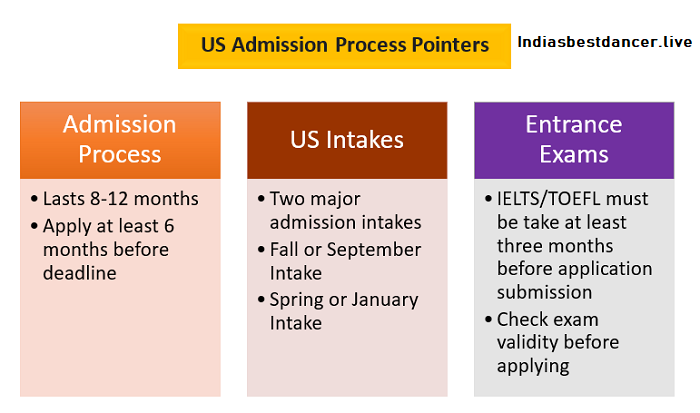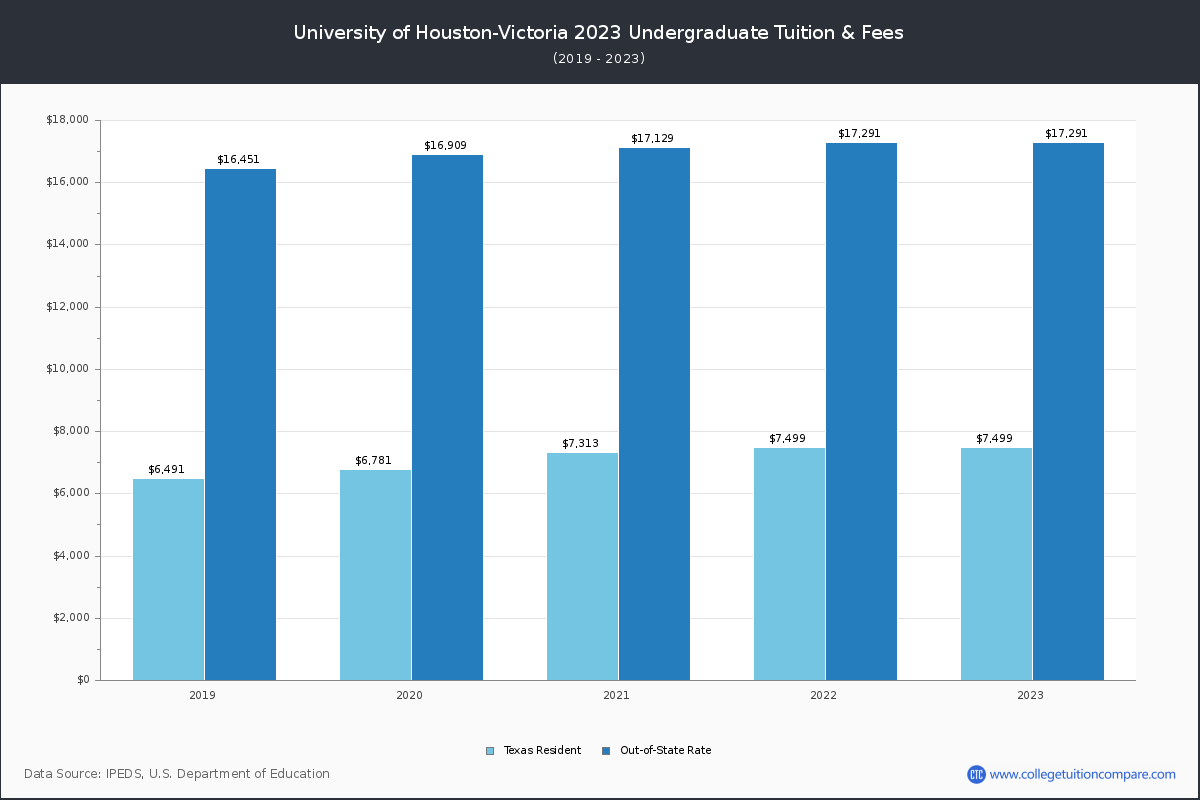Understanding the Education System in the United States
Before delving into the application process, it is crucial to gain a basic understanding of the education system in the United States. The U.S. higher education system is renowned for its diversity, quality, and flexibility. It consists of various types of institutions, including public and private universities, liberal arts colleges, community colleges, and technical institutes.
The U.S. higher education system offers a wide range of degree programs, from associate degrees to doctoral programs. Understanding the different types of institutions and degrees will help you make informed decisions when selecting colleges and universities to apply to.
Researching and Shortlisting Universities
Choosing the right universities to apply to is a crucial step in the application process. Start by conducting thorough research on various institutions, considering factors such as academic programs, faculty expertise, location, campus culture, extracurricular activities, and financial aid opportunities. Websites, college rankings, and virtual campus tours can be immensely useful during your research.

Understanding Admission Requirements
Completed application form
Official high school transcripts or equivalent
Standardized test scores (such as SAT or ACT)
Letters of recommendation
Personal statement or essay
Proof of English language proficiency (such as TOEFL or IELTS scores)
Financial documentation or sponsorship details
It is important to thoroughly review the admission requirements of each institution and ensure that you have sufficient time to gather and prepare the necessary documents.
Requesting Letters of Recommendation
Letters of recommendation provide insights into your academic abilities, character, and potential. Most U.S. colleges and universities require at least two to three letters of recommendation from teachers, mentors, or supervisors who can speak to your abilities and accomplishments.
When selecting individuals to write your recommendation letters, choose individuals who know you well and can provide detailed and positive assessments of your skills and character. Establish good relationships with your recommenders and provide them with all the necessary information, such as your achievements, goals, and the programs you are applying to. Always request recommendation letters well in advance to ensure that your recommenders have sufficient time to complete them.
Completing the Online Application
Once you have gathered all the required documents and prepared the necessary essays or personal statements, it’s time to complete the online application for each of the universities you have shortlisted. Many U.S. colleges and universities now use online application portals, such as the Common Application or Coalition Application, which streamline the application process.
Ensure that you provide accurate and up-to-date information in your application. Double-check all the details, proofread your essays, and make sure your application reflects your true abilities and achievements.
Submitting the Application and Paying Fees
After completing the online application, carefully review all the sections to ensure that you haven’t missed any crucial information. Pay attention to submission deadlines and make sure you submit your application well before the deadline to avoid any last-minute technical glitches.
In addition to the application, most U.S. colleges and universities require an application fee or an application fee waiver. The fee helps cover administrative costs associated with processing applications. If the application fee poses a financial burden, you can explore whether you qualify for an application fee waiver based on your financial circumstances.
Tracking the Application Status
Once you have submitted your applications, it is essential to track their status. Most colleges and universities provide online portals or application tracking systems that allow you to monitor the progress of your application, ensure that all required documents have been received, and verify if any additional information is needed.
Preparing for Interviews, if Required
Some colleges and universities may require interviews as part of the admission process. If you are invited for an interview, it is crucial to be prepared. Research commonly asked interview questions, practice your responses, and conduct mock interviews with teachers, mentors, or college counselors.
Considering Financial Aid and Scholarships
Studying in the United States can be a significant financial investment. However, many colleges and universities offer financial aid packages and scholarships to international students. Investigate the financial aid options available at your chosen institutions and understand the application process and deadlines for financial assistance.


